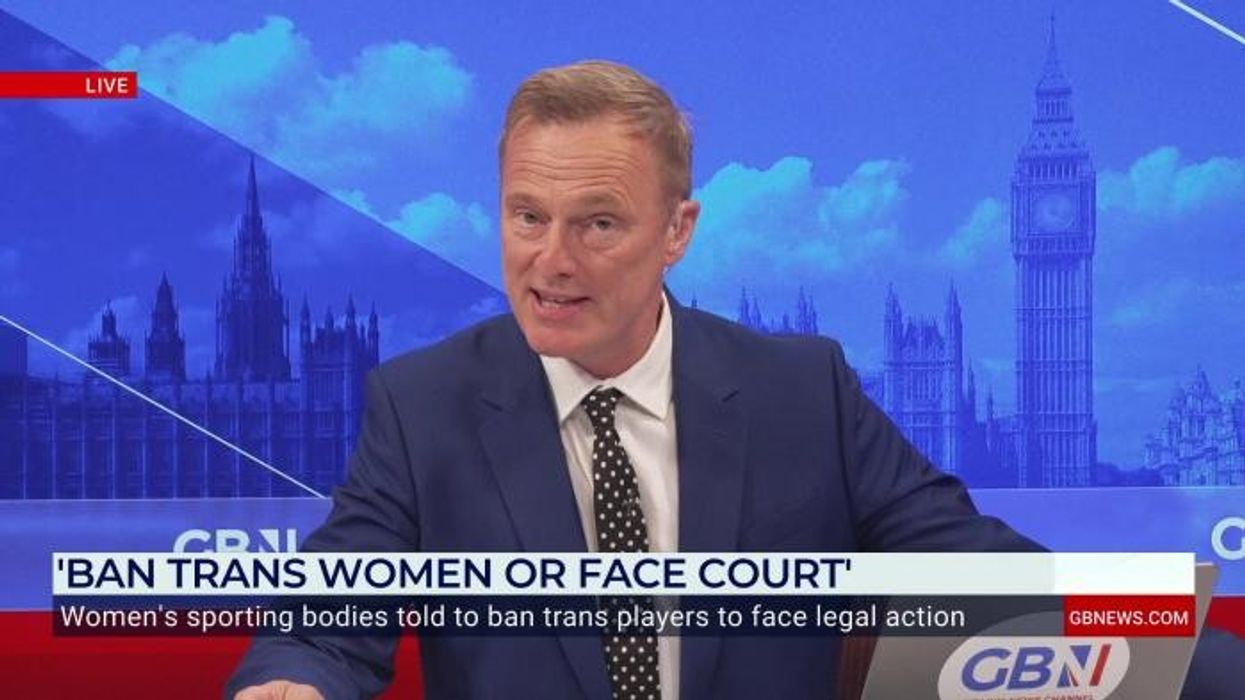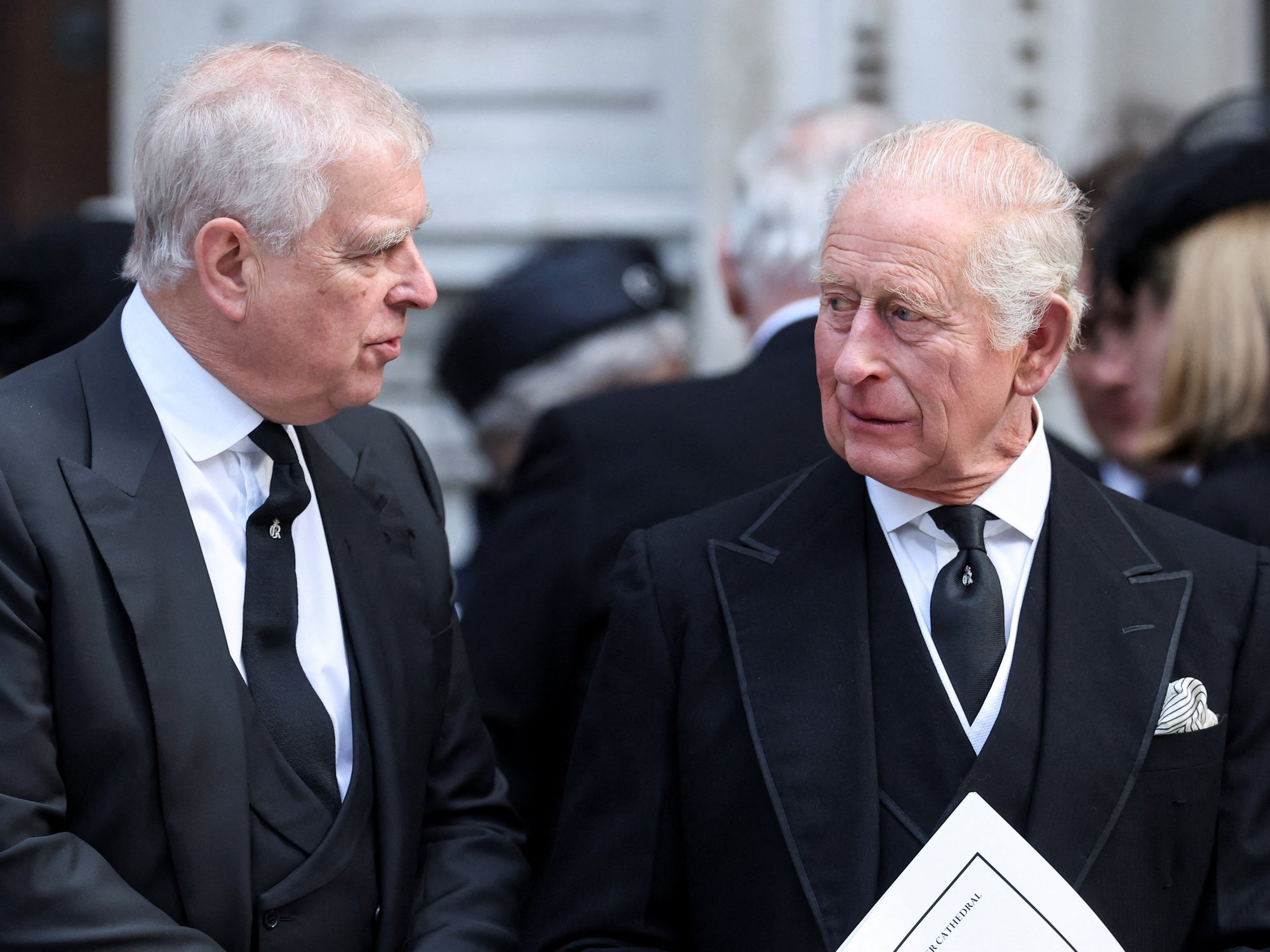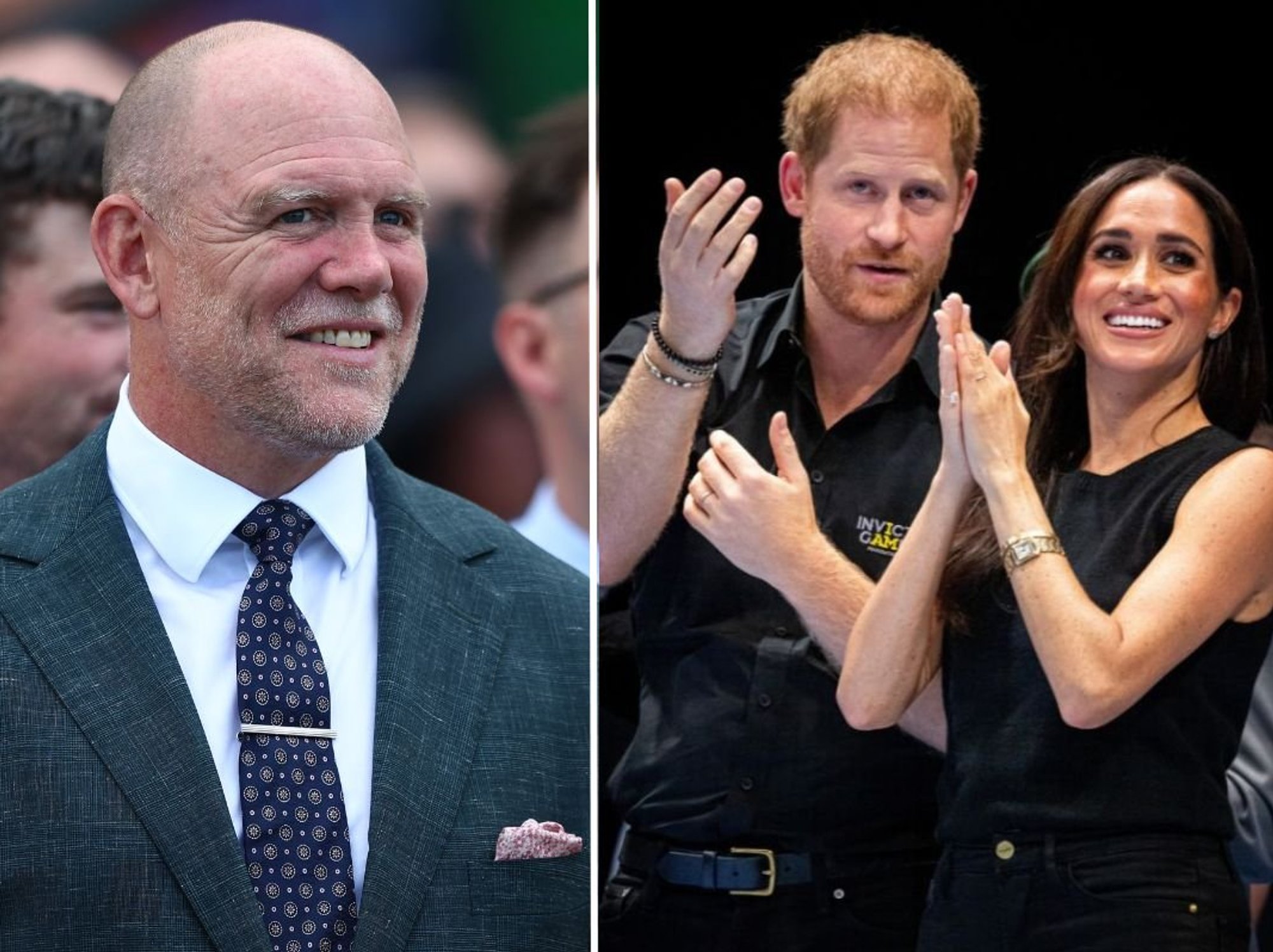Sport organisations left with major problem over trans policy despite Supreme Court ruling
Sporting bodies are dealing with the reality of trying to apply the Supreme Court ruling over transgender participation in sports
Don't Miss
Most Read
Latest
The Supreme Court's recent ruling in the For Women Scotland case established that the Equality Act 2010's references to male and female denote biological sex at birth rather than gender recognition certificates.
Yet sporting bodies continue grappling with intricate policy decisions about transgender athletes' participation.
Legal expert Libby Payne, who represented Algerian boxer Imane Khelif, argues the verdict hasn't created the straightforward resolution many anticipated.
Whilst the judgment appears uncomplicated in principle, its practical applications for sporting organisations remain deeply complex and ambiguous.
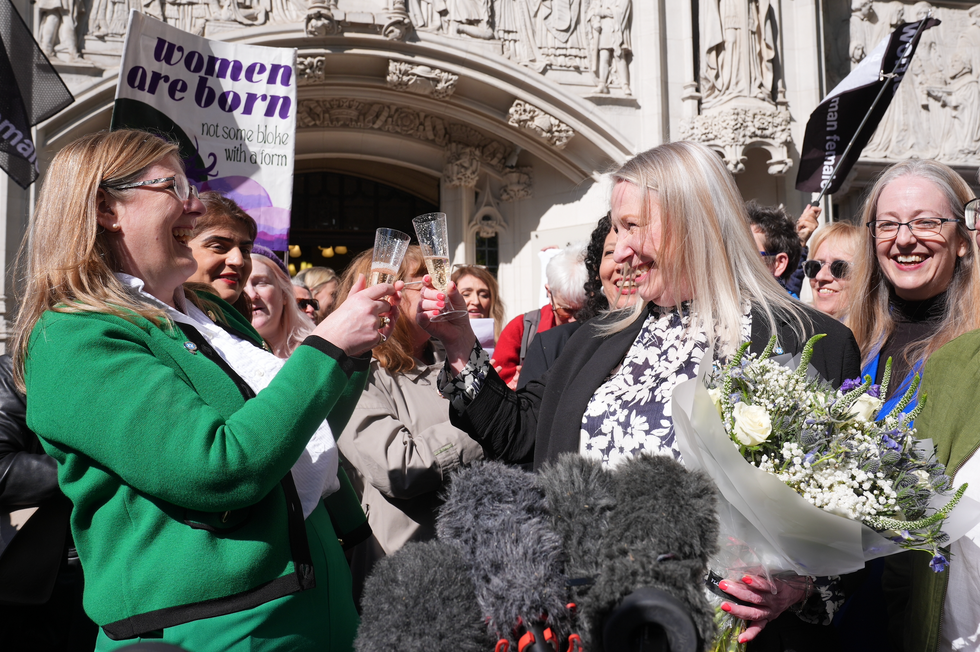
Campaigners celebrated the ruling outside the Supreme Court earlier this year
| PAThe ruling may embolden certain sports to implement birth-sex-based categories, making legal challenges to such policies more difficult.
The Equality Act has long permitted sporting segregation by sex and allowed restrictions on transgender participants where competition fairness or safety requires it.
JUST IN: Lucas Paqueta 'learns his fate' over spot-fixing charges that threaten to end his career
Payne highlights that organisations must carefully develop policies considering all participants' needs.
She warns that sports face potential discrimination complaints from various directions.
Non-transgender male athletes might challenge events permitting transgender women alongside naturally-born women, claiming such competitions no longer constitute single-sex categories under equality legislation.
Alternatively, insufficient opportunities for women to compete in exclusively single-sex categories could trigger discrimination claims.
These complex legal questions have largely avoided courtroom scrutiny thus far, leaving organisations to navigate uncertain territory without clear precedents.
Numerous sporting bodies have adopted varying strategies, with some implementing testosterone reduction requirements over specified periods for transgender women competitors.
Others have chosen complete exclusion policies, whilst many organisations operated without formal guidelines.
Recent years witnessed multiple sports reassessing their approaches, with several introducing stricter limitations or entirely prohibiting transgender women from elite female competitions.
The Supreme Court's decision potentially strengthens the position of organisations favouring birth-sex-based classifications.
British sporting bodies must also align with their international counterparts' regulations.
READ MORE: MLS suspend Lionel Messi and Jordi Alba after breaking little-known rule
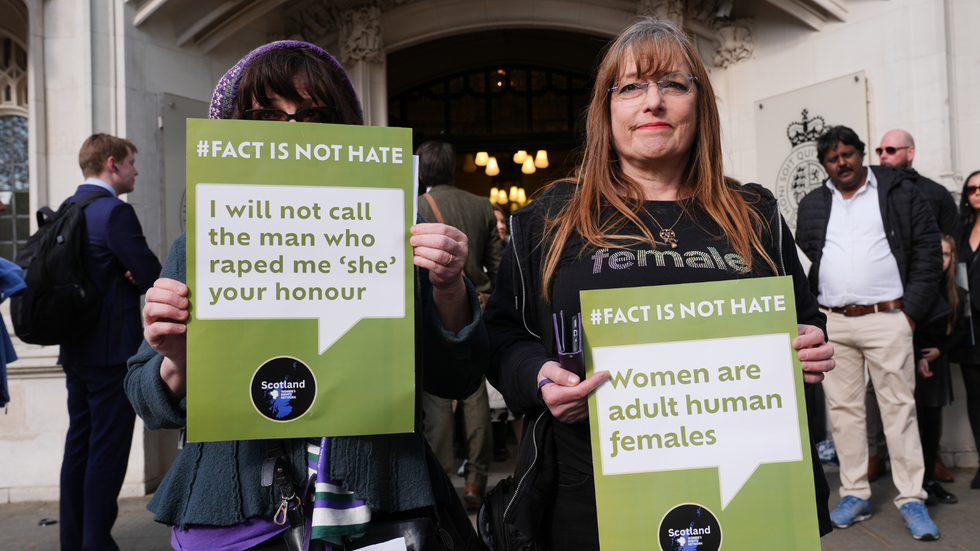
The Supreme Court ruling earlier this year determined that transgender women are no longer legally women under the Equality Act
| PAWhen global federations prohibit transgender women from female categories, qualifying competitions typically follow identical rules, creating additional complexity for domestic policy-making.
Sporting organisations must extend their considerations beyond competition rules to encompass practical arrangements.
Payne notes that changing facilities and overnight accommodation during travel require separate policies from participation guidelines, particularly regarding privacy concerns for everyone involved.
Despite seeking inclusivity, sports face challenges creating opportunities for transgender athletes.
Genuine mixed-gender events might emerge as alternatives, though Payne cautions against simply rebranding men's competitions as "open" categories.
The legal landscape following this Supreme Court decision remains untested through litigation. How courts will interpret and enforce these principles in sporting contexts stays uncertain, leaving organisations to craft policies without definitive judicial guidance on balancing competing interests.
LATEST SPORT NEWS:


